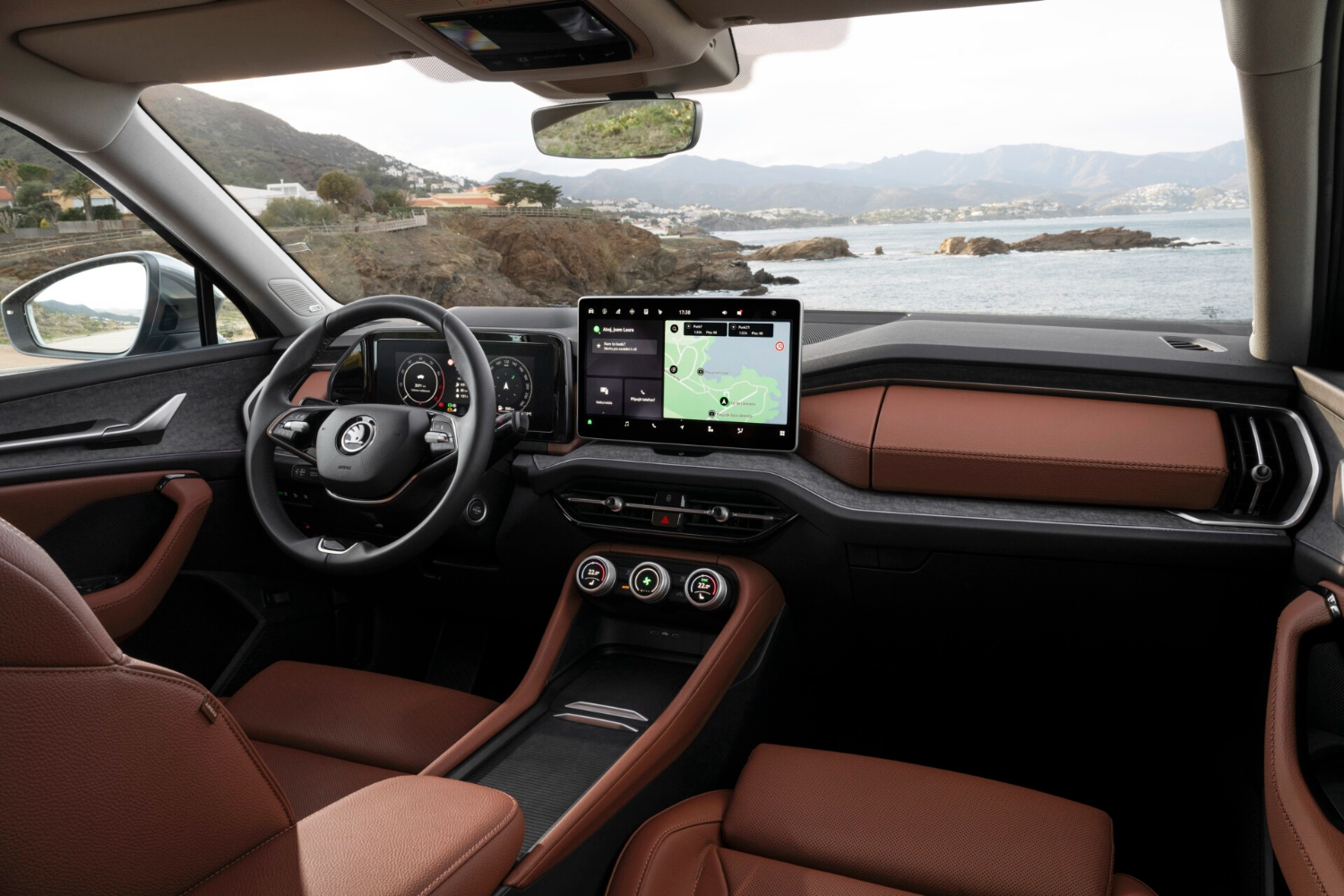Volkswagen fair value estimate rises after Rivian…
.jpg)
We expect the announced investment by Volkswagen (VOW3) and the joint venture with electric car startup Rivian (RIVN) to pay off in the form of a gradually lower software investment requirement. For this reason, we have increased our fair value estimate from EUR 346 to EUR 351 per preferred share of Volkswagen traded in Europe.
The estimate is the highest among sell-side analysts tracked by Morningstar Pitchbook and represents an upside potential of 235 percent compared to Volkswagen’s closing price of EUR 104.80 on Wednesday.
Management’s forecast for 2024 calls for group sales of up to 338 billion euros and adjusted group EBIT of 7 to 7.5 percent. Given the increasing competition for cheaper cars, we estimate total vehicle volume at 9.2 million and group sales at 312 billion euros. We expect a margin of 7.1 percent, as there will continue to be great uncertainty in 2024 due to headwinds in the industry.
Over the past 15 years, the Volkswagen Group’s adjusted EBIT margin has had a high, low and median of 8.1% (2022), 1.8% (2009) and 6.3%, respectively. Our assumptions include an average adjusted EBIT margin of 6.8% during our Phase I forecast. We assume margin contraction in the final two years of the forecast to our normalized midcycle margin of 5.5%, 80 basis points below Volkswagen’s historical 15-year median. While automakers may enjoy a temporary margin lift as battery-electric vehicles reach more optimal levels, we expect sector margins to remain within historical levels over the long term due to the highly competitive nature of the industry.
We use a weighted average cost of capital of 10.3% to discount Volkswagen’s cash flow. An above-average systematic risk assessment, resulting in a cost of equity of 11%, arises from sensitivity to economic cycles and unfavorable operating leverage, but with relatively low financial leverage. Our pre-tax cost of debt is 6.5%, taking into account the spread that creditors are likely to demand given credit quality. We assume a long-term effective tax rate of 22.5%, based on the German statutory tax rate and Volkswagen’s historical results. We weight equity at 89% and debt at 11%, resulting in our tax-influenced weighted average cost of capital of 10.3%.
Volkswagen is leveraging its size with its investment in Rivian to accelerate the development of an electric vehicle platform
We believe Volkswagen is executing a successful global automotive strategy and has one of the industry’s most aggressive plans to transition from internal combustion engines to battery-powered electric vehicles. A broad range of brands serving multiple segments reduces dependence on a single vehicle category. As one of the world’s leading volume manufacturers, Volkswagen’s economies of scale from shared platforms across a range of models enable cost savings that are unattainable for smaller competitors.
The company owns the premium brands Audi and Porsche, the luxury brand Bentley and the Italian exotic sports car maker Lamborghini. The potential moats offered by these traditional brands are offset by the mass-market brands Volkswagen, Skoda and Seat and the more cyclical commercial vehicle business. Before the pandemic and before the chip crisis, vehicle deliveries were almost 11.0 million. In 2023, VW delivered 9.4 million vehicles worldwide.
Volkswagen’s MEB platform underpins its current BEV offensive. By the end of 2022, the company had 27 BEV models derived from MEB and had launched its unified battery cell strategy, which targets 80% volume penetration by 2030 and expects a 50% reduction in battery cell costs in the entry-level segment and 30% savings in the volume segment. In 2025, Volkswagen expects BEVs to account for 20% of global sales. Also in 2025, the company will unveil its Scalable Systems Platform for the next BEV generation, on which all of the brands’ models will be based. The new platform will be fully digital and will use the proprietary VW.OS operating system developed by Volkswagen’s own Cariad software group, complemented by existing technologies and future developments under the newly announced joint venture with Rivian to enhance VW’s capabilities in “software-defined vehicles”.
We like that Volkswagen has successfully pursued a common architecture manufacturing strategy. We believe this strategy, which increases economies of scale, will further reduce costs. However, the common architecture MEB strategy poses a risk if consumer demand for BEVs fails to materialize. Volkswagen is targeting an adjusted EBIT margin of 7-8% for 2025, which is above the historical median of 6.0% over the past 15 years.


